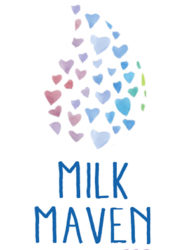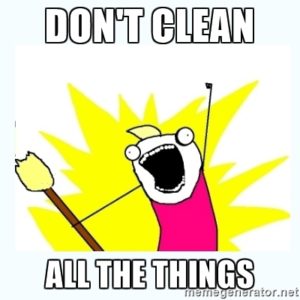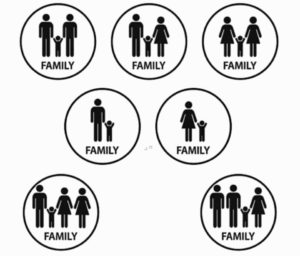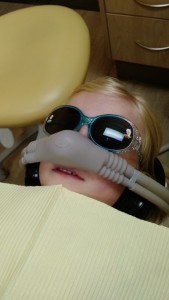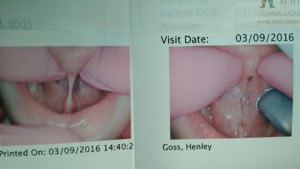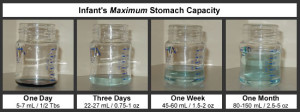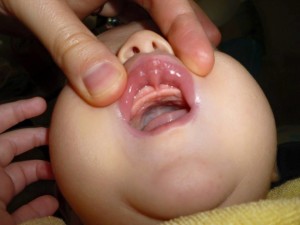The Bad News
I know a telehealth consultation with an IBCLC isn’t what you were expecting. It wasn’t what you had in mind when you made plans for the first couple of weeks home with your baby. You knew that if you had issues with breastfeeding, that you could call me, and I would be there within 24 hours, ready to offer hands on help, a shoulder to cry on, and gentle words that would guide you through the difficult first days. I know you feel alone, and scared, and maybe in pain, and I am so sorry for that. 
To be honest, this is not what I was expecting either. I love going to your nest and helping you in an environment that makes you feel safe and supported. I love holding your baby, and holding you, the parent, if you need it. It feels unnatural to counsel you through something so physical without using my hands.
The Good News
I don’t need to use my hands to help you learn how to feed your baby. I don’t need to use my hands to teach you how to latch comfortably, check your baby for oral ties, or to help you prepare for the next steps in parenting. Using my props, and my words, I will guide you through all of this. Think of it this way, if I used my hands to place your baby where they needed to be, to hold your breast while they ate, we may be able to quickly get the baby to eat. However, when my hands left your house, you would be no better off than you were in the first place. My job is to teach you how to do these things, to empower you through feeding for the rest of your parenthood journey, and I can do all of that through telehealth.

How does Telehealth Work?
- You book an appointment the same way you always did! Go to my website and select the type and time of the appointment that works for you.
- If you are with Aetna, don’t worry! They will still pay for telehealth! If you are paying out of pocket, telehealth is cheaper than a home visit.
- Once you have booked, I will send you a link to all your intake and consent forms. Fill those out and I will send you the link for our call. I use Google Meet which is HIPPA compliant. I will never film or take pictures without your consent. To be honest, I don’t know how to do either of those things anyway.
- When it is time for our meeting, click on the link in your calendar for our appointment.
- Enable both the video and microphone so I can see and hear you!
Some Tips on Telehealth
- Have a camera person. This can be a partner, a family member, or friend but it absolutely makes a difference to have someone hold the phone, ipad, or computer so that you do not have to. You will need access to both your hands and I will need access to more than one angle to properly assess the baby.
- A well lit room is better than a dark one, but I will work with where ever you feel comfortable.
- If pumping is getting you down, have your pump parts out, washed, connected, and ready to go. This saves on “dead air” time and we can easily assess the fit and effectiveness.
- Have all your questions written down. Of course, you will always think of more at the time of the call, but this way you don’t forget anything. Your brain is set on baby mode right now, and this isn’t the best time to trust your memory!
- Have the baby changed, and in a clean diaper with no clothes on. I usually do this for weighing reasons but skin to skin feeding has numerous benefits and often that is all we need to get a baby who is unwilling to latch, to suddenly be interested.
- Choose to have the consultation in the room of the house you feel most comfortable in. If that is your bedroom, let’s learn to nurse in there. There is no reason for you to be in an office chair in a room you never nurse in, just because this is a telehealth call. If you are using a nipple shield, pillow, etc. have it ready to go!
Why Should I use Telehealth?
Besides the initial, postpartum, OMG-my-nipples-are-on-fire-and-the-baby-won’t-open-wide-enough appointments, there are a ton of reasons why calling an IBCLC during this time for a telehealth visit might be a good idea!
- Prenatal appointments to get you ready for your baby
- Weaning or weaning delay
- Relactation (if you are regretting weaning early and want to try to start again)
- Induced lactation
- Exclusive pumping help
- Solid introduction
- Sleep help
- Suck training after a tongue tie
Ultimately, I am here for you through this crisis and beyond to help make sure that you meet your feeding goals and you feel supported and uplifted. No one should be alone at this delicate time of their lives as new parents, and I am here for you.


